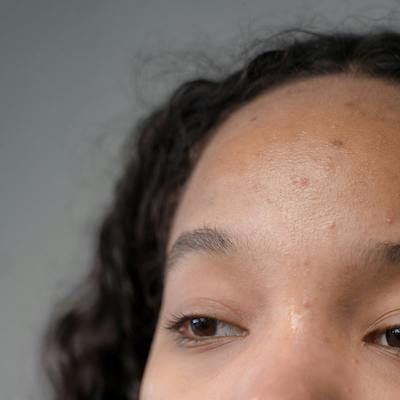Article
Topical Niacinamide Effective as Adjuvant Therapy for Discoid Lupus Erythematosus
Author(s):
In a recent study, DLE patients responded well to topical niacinamide 2% and 4% as adjuvant therapy, with strong results and few side effects.
Ahmed H. Nouh, MD

Topical niacinamide (Nicotinamide) was found to be effective for discoid lupus erythematosus (DLE) patients as an adjuvant treatment, according to new findings.
The findings were the result of a study conducted to analyze treatment for DLE, which is the most common form of cutaneous lupus erythematosus (CLE).
CLE is described by the study authors as a set of autoimmune disorders of the skin’s connective tissue which can be associated with systemic lupus erythematosus (SLE).
This research was authored by Ahmed H. Nouh, MD, from the Department of Dermatology, Venereology and Andrology at Al-Azhar University in Cairo, Egypt.
“Current therapies of DLE are challenging and not completely satisfactory, highly expensive, off-label, or poorly available (like antimalarials due to COVID-19 outbreaks),” Nouh and colleagues wrote. “Nicotinamide, also called niacinamide, is a water-soluble form of vitamin B3 (niacin). Its multiple effects let us think that nicotinamide could be a therapy for lupus-associated skin lesions.”
Study Background
The research team conducted a randomized, prospective, double-blind, clinical trial through the recruitment of 60 total patients with a DLE diagnosis between the ages of 18 and 65.
The participants were drawn from the out-patient clinic located in the Dermatology, Venereology and Andrology Department of the Al-Azhar University hospital,
The investigators divided the study participants randomly into 3 groups, with Group A receiving 2% topical niacinamide, Group B receiving 4%, and Group C receiving a placebo.
The research team used a cream and gel form of topical niacinamide—2% and 4%—for the DLE patients’ lesions on their scalp skin, administering the treatment over 12 weeks of study.
Findings
The study’s investigators concluded that topical Nicotinamide at 4% was superior to 2% preparation in the treatment’s response but it was also found to be associated with a higher incidence of irritation in the study population.
The only side effect detected by the investigators during the course of the study was skin irritation, with 40% of Group A reporting the effect compared to 80% of Group B.
The investigators used the Dermatology Quality of Life Index as a means of assessing patients in the study, and they noted that while there was an improved score for Group A, Group B did not have a substantially different score due to the irritation being reported with the more concentrated topical treatment.
“The main scope of our research was to evaluate the efficacy and safety of topical Nicotinamide 2% and 4% preparations (in comparison of Placebo presented by only vehicle as cream/gel base) in the treatment of DLE,” they wrote. “Obtained data showed that topical Nicotinamide preparations were effective and had minimal side effects which could be overcome by changing the concentration of preparation or giving special instructions for patients (like washing out the place of application after a few hours).”
The study, “Topical niacinamide (Nicotinamide) treatment for discoid lupus erythematosus (DLE): A prospective pilot study,” was published online in the Journal of Cosmetic Dermatology.




